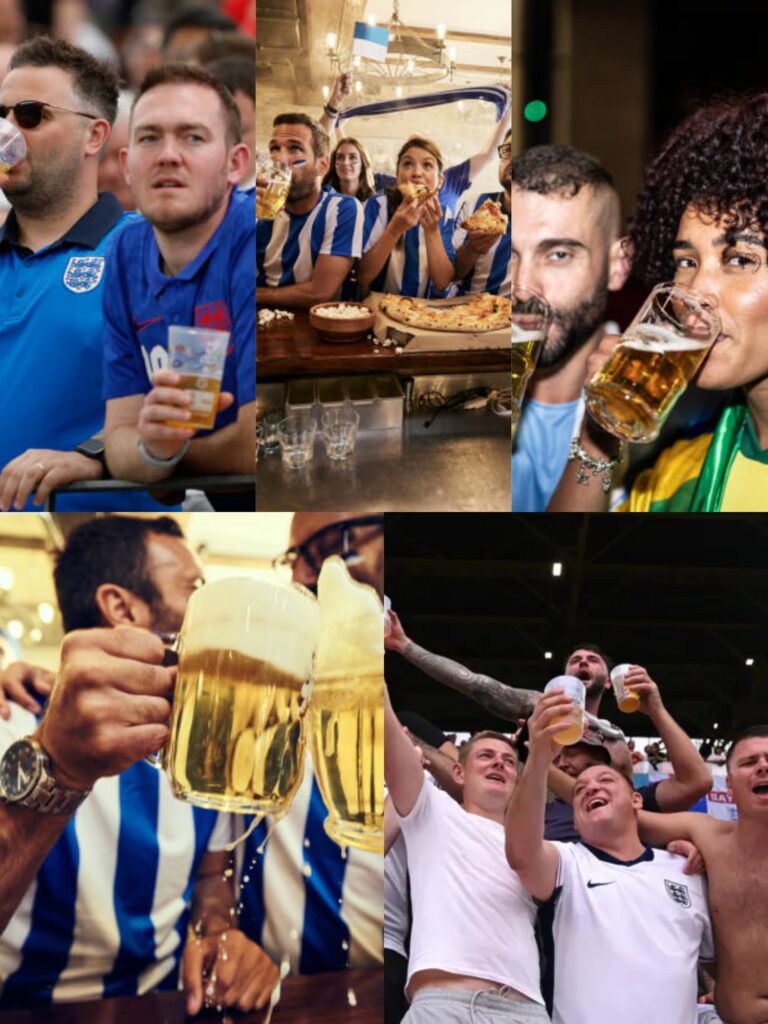By Sola Ojewusi
Football fans heading to Saudi Arabia for the 2034 FIFA World Cup should not expect to drink alcohol during the tournament, as the country has ruled out any relaxation of its strict ban.
Prince Khalid bin Bandar Al Saud, Saudi Arabia’s ambassador to the United Kingdom, confirmed in an interview with LBC that alcohol would not be sold anywhere during the World Cup, including in hotels.
“At the moment, we don’t allow alcohol,” Prince Khalid stated. “Plenty of fun can be had without alcohol—it’s not 100% necessary. If you want to drink after you leave, you’re welcome to, but at the moment, we don’t have alcohol.”
When asked whether visitors might be allowed to drink in private settings, such as hotel bars, as was the case at the 2022 World Cup in Qatar, the ambassador was unequivocal: “No, there is no alcohol at all. Rather like our weather, it’s a dry country.”
The announcement solidifies Saudi Arabia’s position on the issue, contrasting with Qatar’s approach in 2022, where alcohol was initially planned to be available in stadiums but later restricted to designated fan zones and hotel bars.
Prince Khalid also addressed broader concerns about Saudi Arabia’s cultural policies, including its stance on LGBTQ+ rights. While same-sex relations remain illegal and being transgender is not recognized in the country, he insisted: “We will welcome everyone in Saudi. It is not a Saudi event; it is a world event, and we will welcome everyone who wants to come.”
Saudi Arabia has faced criticism for alleged “sportswashing”—using major sporting events to improve its global image despite concerns over human rights and environmental issues. Amnesty International has warned that hosting the tournament there could lead to severe rights violations.
FIFA confirmed in 2023 that Saudi Arabia would be the sole bidder for the 2034 World Cup, securing its status as the host nation. With preparations underway, fans attending the tournament will have to adapt to the kingdom’s cultural norms, including its firm stance on alcohol prohibition.

